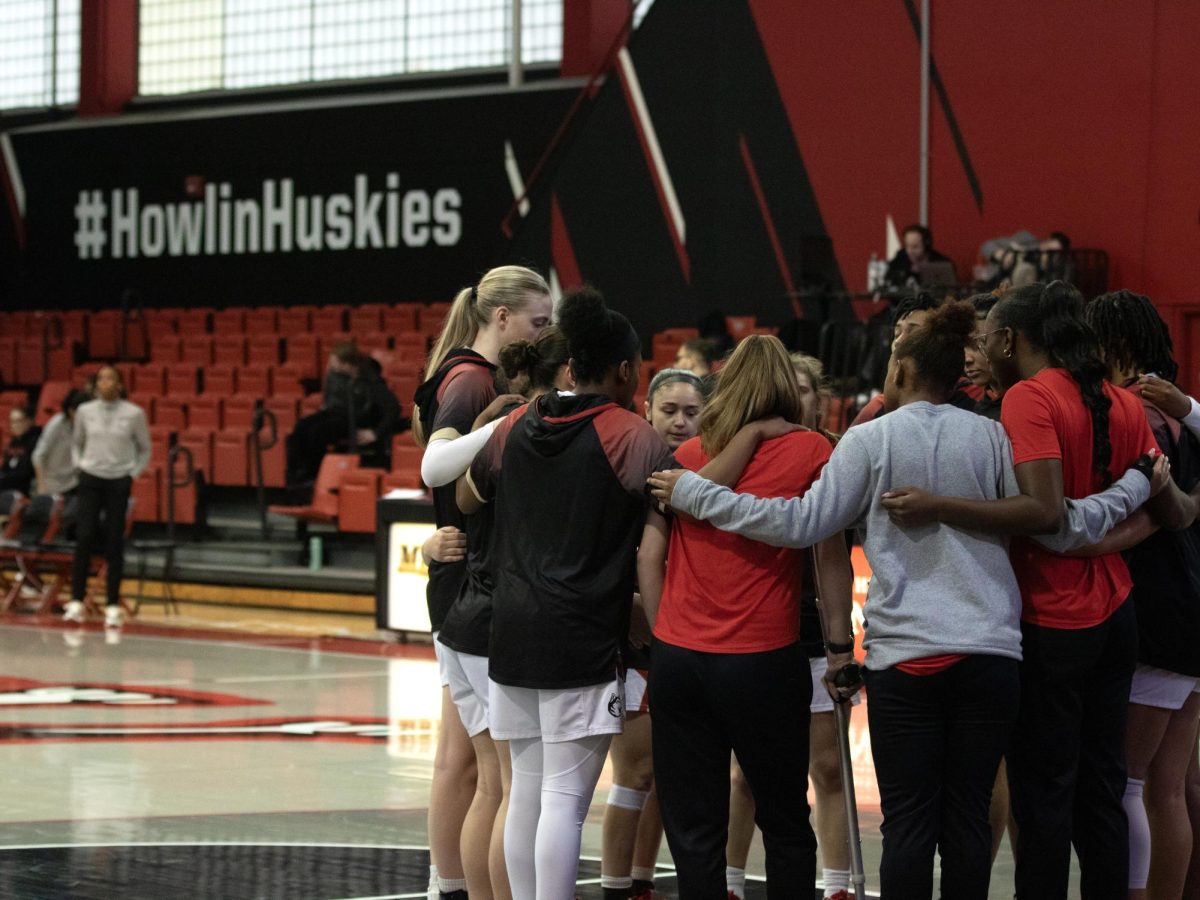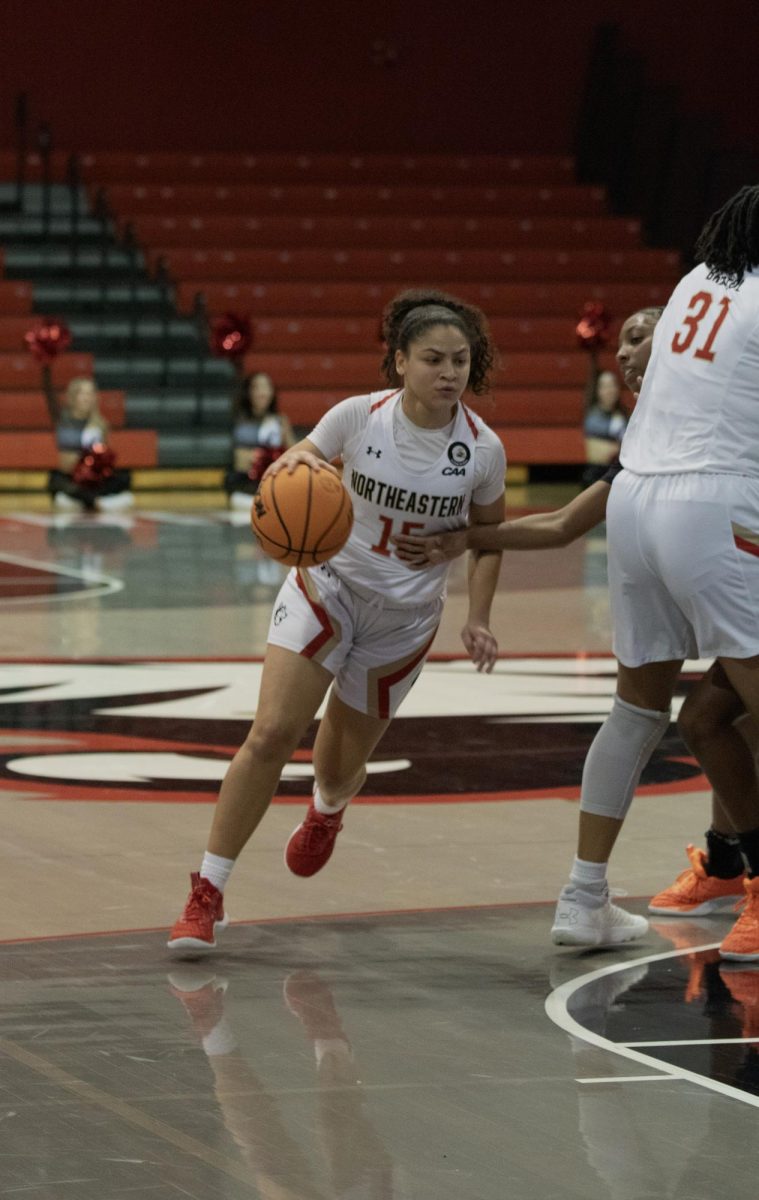LikeaLittle offers an online outlet for reserved students’ deepest desires
By: Danielle Wong, News Correspondent

New methods of communication, especially online, are creating connections for people all over the world. But a new website is inspiring anonymous flirtation on college campuses. Likealittle.com is a location-based networking website that allows students with a college e-mail address to publicly call out people that they find attractive around them.
The local edition of the website came to Northeastern Nov. 12 when middler international business major June Chung heard about it through a friend who goes to Northwestern University. She requested a page for Northeastern, and was asked if she wanted to be the founder of the Northeastern site. She said the site gives students confidence to go for it when it comes to flirting.
“It’s a fun, positive way for people to communicate and express their feelings while interacting and connecting with others on campus,” she said.
Website creator Evan Reas said it was based off other sites that incorporate the same elements as Likealittle.com. Similar sites include Craigslist.org’s Missed Connections section, where people can post anonymous comments about people they have seen in the city or area they live in.
“Myself and two co-founders made it because we had seen similar sites that do what we call ‘microflirting’ like this, where people talk to people around them,” Reas said. “We thought this was a very interesting combination of mobile, real-time and location-based technologies that could really change the way that people communicate.”
Although the content of messages varies, users generally post their location on campus and a brief description of the person they’re checking out.
Currently, Likealittle.com is geared toward college students. But Reas said he feels there is a lot of potential for growth and expansion.
“In the future, we see this as a way that anybody can communicate with one or many people within a certain proximity,” Reas said. “We have been asked if we could expand to places like bars, cafes and restaurants, and although our focus is colleges at the moment, we have a lot of ideas for other venues that it makes sense for.”
Chung said Likealittle is safer than a typical dating site because all of the posts are anonymous and the site’s administrators make sure to screen posts and keep comments as positive as possible. The site also offers live chatting with site administrators, where visitors can ask any questions they might have and receive an immediate, direct answer.
“I think that Likealittle.com is more relatable and accessible to students because posters are fellow university students who are spotting crushes on campus in recognizable areas like the Curry Student Center or Marino,” Chung said.
Likealittle.com is gaining a following: As of press time, 1,772 people “Like” the site on Facebook. But it hasn’t steered completely clear of objections.
“We have heard some criticism around it simply making people less likely to interact in person which we disagree with,” Reas said. “We think the anonymity actually makes people more likely to interact with people around their location and can lead to real connections offline because the barrier to make that first step is incredibly low.”
Reas said another problem the website has encountered is the content of users’ posts. Reas said that his team keeps an eye out for inappropriate comments and frequently screens messages.
“Every school has moderators to keep it positive,” Reas said.
Northeastern has six people monitoring the site. If a student is uncomfortable with a comment made on the website, Reas said he or she can take the initiative and filter out unwanted comments.
“Every person that has an .edu e-mail address can delete any message from their school anytime by validating their e-mail address. The community is self-policing,” Reas said.
The site is compatible with smart phone web browsers, making it convenient to post on the go. Likealittle is rapidly expanding among college students – at the moment, it hosts feeds for over 75 different campuses.
Some students remain unconvinced of Likealittle’s credibility. Freshman business major Sophia Dai expressed that many of the messages are far from sincere.
“A lot of the posts online aren’t serious and they’re more just for laughs,” she said. “A few guys from my intro [to business] group use it, but they make joke posts. I don’t take any of the things posted on this site seriously because there are some pranksters out there. It’s just something I read for fun.”
Dai said although the site cannot always be taken seriously, it’s harmless.
“I don’t think it’s insulting because you don’t know who’s posting it nor do you know who it’s being posted [about],” she said. “I support it because I don’t think anyone can be hurt from this.”
Although Dai does not take the site seriously herself, she is still open to the idea of virtual flirting.
Chung said the site is constantly evolving to meet students’ needs. She said she has pitched the idea of an iPhone application to the site’s administrators.
“In the next few days, a chatting feature will be available on the site so that people can connect with others more easily,” she said. “A lot of other cool, interactive ideas are in the works as well. It’s all about keeping the site fun and engaging.”













